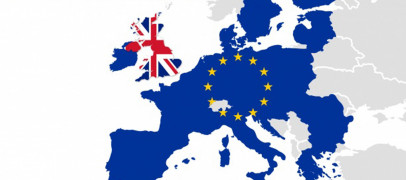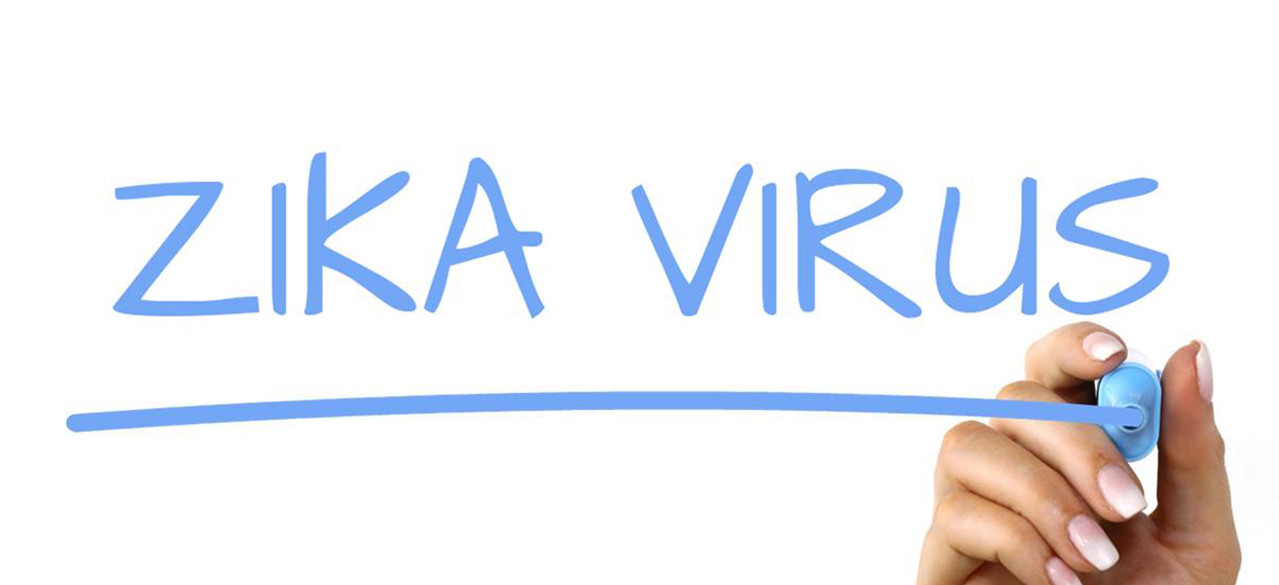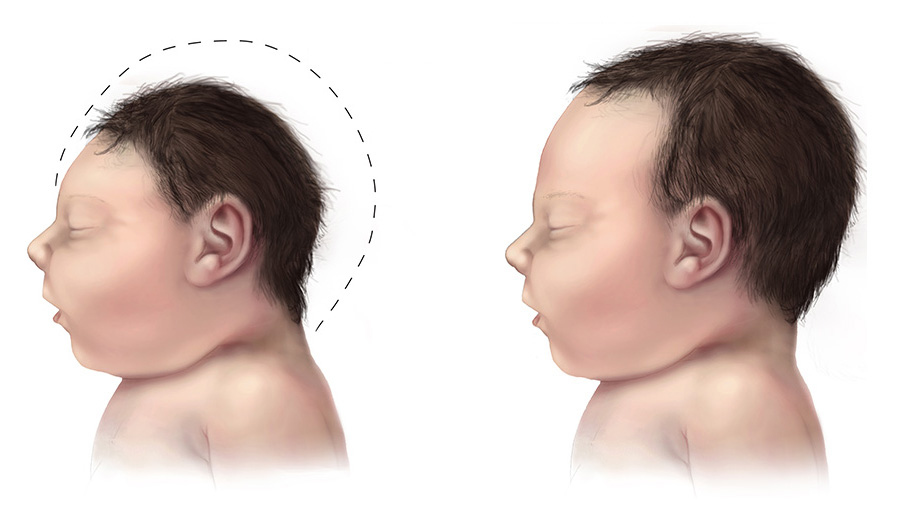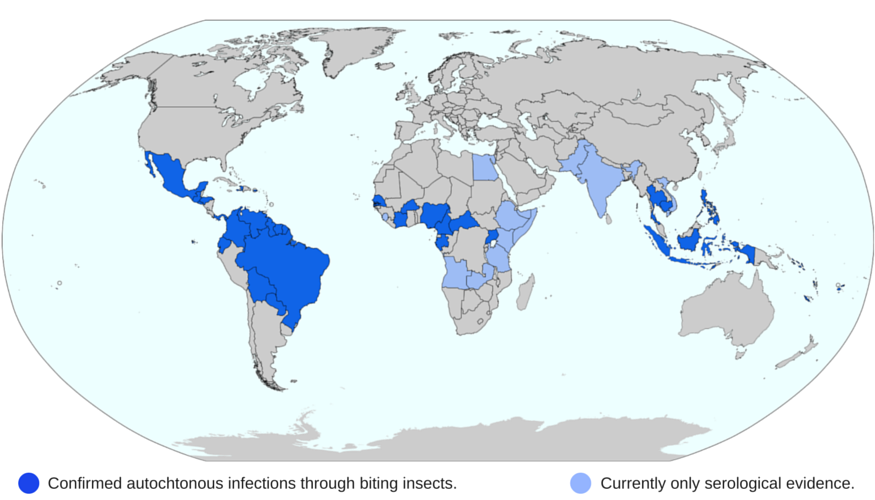

Zika Virus Travel Alerts: All You Need to Know
10 Feb 2016 by Olga Brighton
The World Health Organization has announced Zika virus a global public health emergency.

Some countries have declared a state of emergency and medical experts say that the situation can be described as “a pandemic in progress”.
Brazil’s health ministry has reported that the suspected cases of microcephaly have reached nearly 4,000 since October 2015.
Foreign and Commonwealth Office has issued travel warnings for pregnant women planning to visit countries with ongoing Zika virus outbreaks:
“All travellers, especially pregnant women going to an area with active Zika virus transmission should ensure they seek travel health advice from their GP or a travel clinic well in advance of their trip and consult the NaTHNac website for up to date information on current outbreaks and country information”.
Read full advice here.
What is Zika virus?
Zika virus is a mosquito-borne disease, which is transmitted by Aedes aegypti mosquito, which typically bites during the day around dawn and dusk. The infection transmitted by Aedes aegypti may result in microcefaly (when a baby is born with an abnormally small head because the brain has not developed properly).

Usually those infected with Zika virus do not feel sick as the common symptoms of the disease do not show.
In some cases, Zika virus symptoms are the following:
- Fever
- Rash
- Severe headache
- Joint pain
- Muscle or bone pain
- Conjunctivitis or red eyes
Note that the illness itself is not severe in most cases and does not require hospitalisation.
However a cure or vaccine for Zika prevention has not yet been found.
Countries reporting cases of Zika virus outbreak:
Barbados, Bolivia, Brazil, Colombia, Cape Verde, Costa Rica, Curaçao, Dominican Republic, Ecuador, El Salvador, French Guiana, Guadelope, Guatemala, Guyana, Haiti, Honduras, Jamaica, Maldives, Martinique, Mexico, Nicaragua, Panama, Paraguay, Puerto Rico, Saint Martin, Samoa, Suriname, Tonga, US Virgin Islands, Venezuela.

NB! Current situation with Zika virus transmission is ongoing, unstable and potentially dangerous as the infection is it is extremely difficult to determine. It is also important to remember that the virus is likely to spread to the nearby countries.
How to prevent it?
Once you have decided to travel to the areas currently affected by Zika virus, follow these mosquito bite prevention measures, especially in the daytime.
- Wear clothes in neutral colors to completely cover your skin (long pants, long sleeves and socks in brown or green);
- Before going to sleep make sure there are no mosquitos in your bedroom;
- Use mosquito nets while sleeping;
- Use anti-mosquito agents – DEET is considered the most effective;
- Use insecticide in the place you are staying in.
We accept

